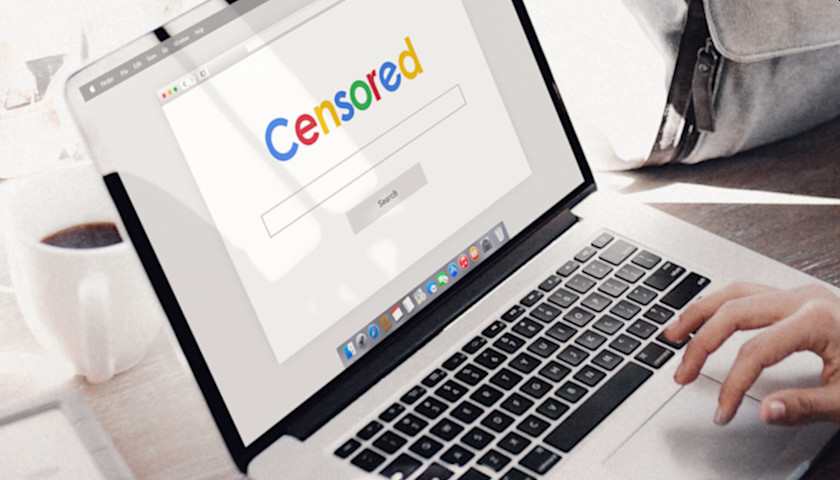DOJ to unveil plans to remove Section 230 immunity that protects big tech companies like Facebook, Twitter and Google’s YouTube from being sued over content posted on their platforms

Since its inception in the late 90s, the internet has been known for the free and rapid dissemination of uncensored information, but in recent years big tech companies like Facebook, Twitter, Google have been censoring content, which is a violation of their First Amendment rights.
Back in May, for example, YouTube censored German epidemiologist Knut Wittkowski for opposing the lockdown and going against WHO recommendations. Also in May, Twitter censored and added a fact-checking label to a tweet by President Trump. Twitter accused the President of making false claims about mail-in ballots, urging people to “get the facts.”
In response, the President signed an executive order to regulate the social media. The new executive order would make it easier for federal regulators to hold companies such as Twitter, Facebook and Google’s YoutTube liable for curbing users’ speech, for example by suspending their accounts or deleting their posts.
For years, Big Tech companies, including Facebook, Twitter, Google, and YouTube, have enjoyed the freedom and legal protection for content posted on their platforms. The protection comes from Section 230 of the Communications Decency Act of 1996 protects, which states that “No interactive computer services shall be treated as the publisher or speaker of any information provided by another information content provider.”
Now, the U.S. Justice Department announced it will propose legislation as soon as Wednesday to remove Section 230 immunity and protections that big tech platforms like Alphabet’s Google and Facebook have had for decades, a department official said on Wednesday, speaking on condition of anonymity.
The proposed DOJ plan involves legislative reform to the law known as Section 230 – the original legal code governing the internet – so it would have to be adopted by Congress. According to sources, the new legislation will roll back the legal protections big tech companies have used to shield themselves from lawsuits over their content.
According to sources, the legislation will “remove or change” a provision of a law known as Section 230. Under the 1996 Communications Decency Act, Section 230 does not generally hold platforms responsible for what their users post and allows them to moderate the content of their sites as they see fit.
In a related development, Sen. Josh Hawley, R-Mo., also introduced similar legislation on Wednesday that would give Americans the ability to sue major tech companies like Facebook, Google and Twitter if they engage in selective censorship of political speech.
Dubbed Limiting Section 230 Immunity to Good Samaritans Act, and cosponsored by Sens. Marco Rubio, R-Fla., Mike Braun, R-Ind., and Tom Cotton, R-Ark., the bill would stop big tech companies from receiving immunity under section 230 of the Communications Decency Act, unless they update their terms of service to promise to operate in good faith.
“For too long, Big Tech companies like Twitter, Google and Facebook have used their power to silence political speech from conservatives without any recourse for users,” Hawley said in a statement. “Section 230 has been stretched and rewritten by courts to give these companies outlandish power over speech without accountability. Congress should act to ensure bad actors are not given a free pass to censor and silence their opponents.”




